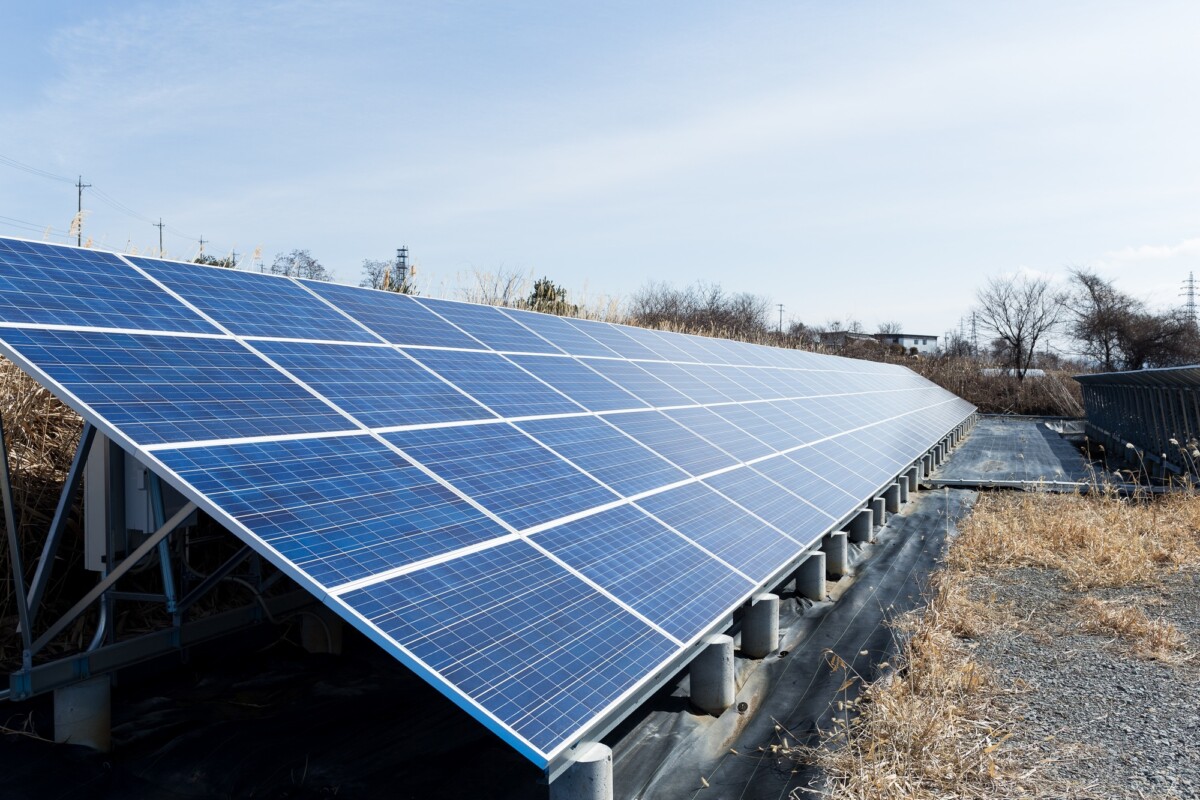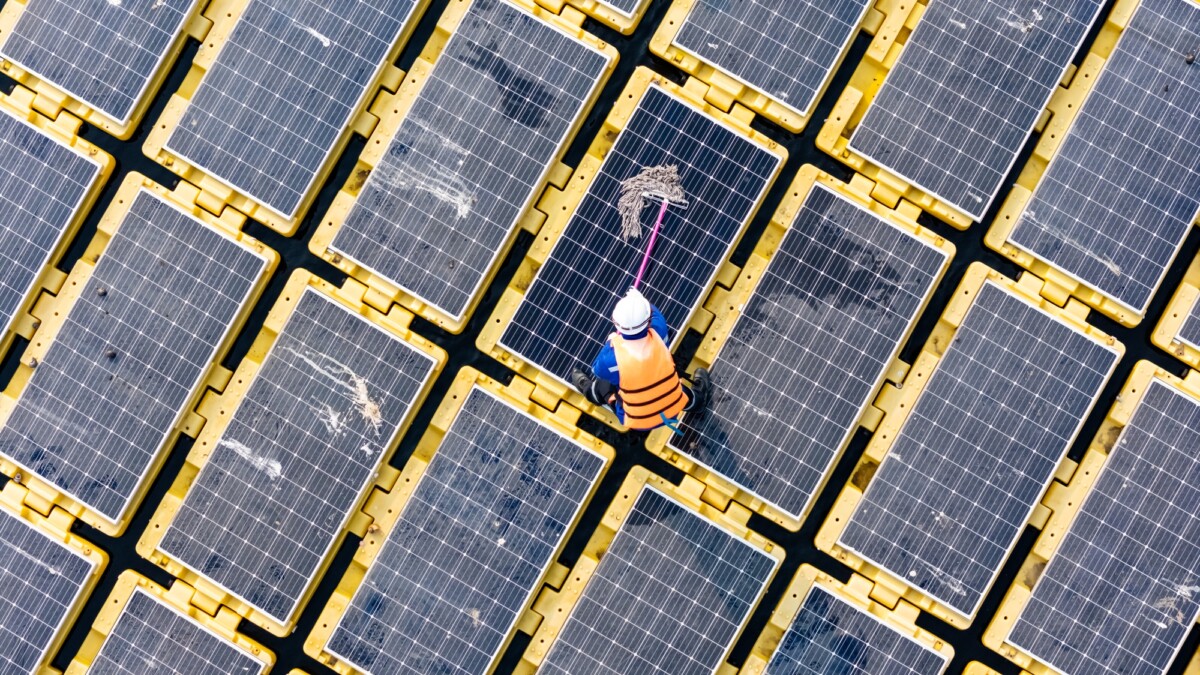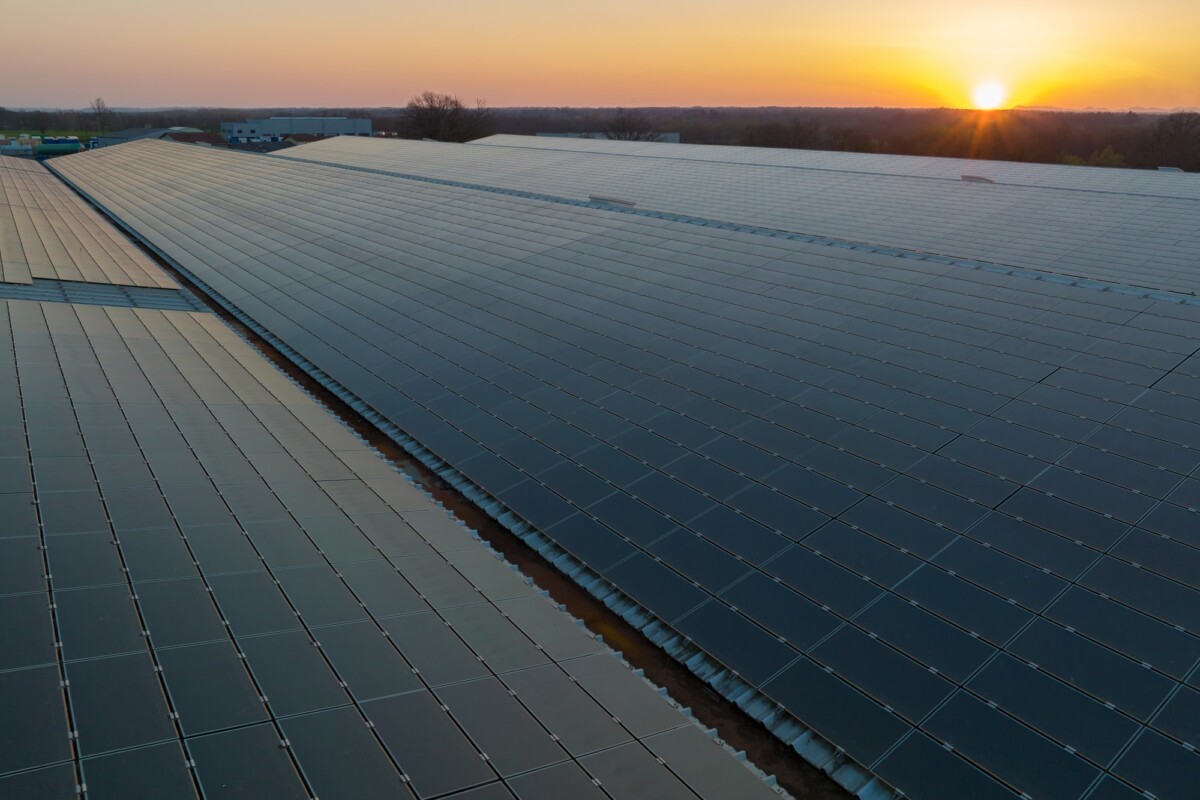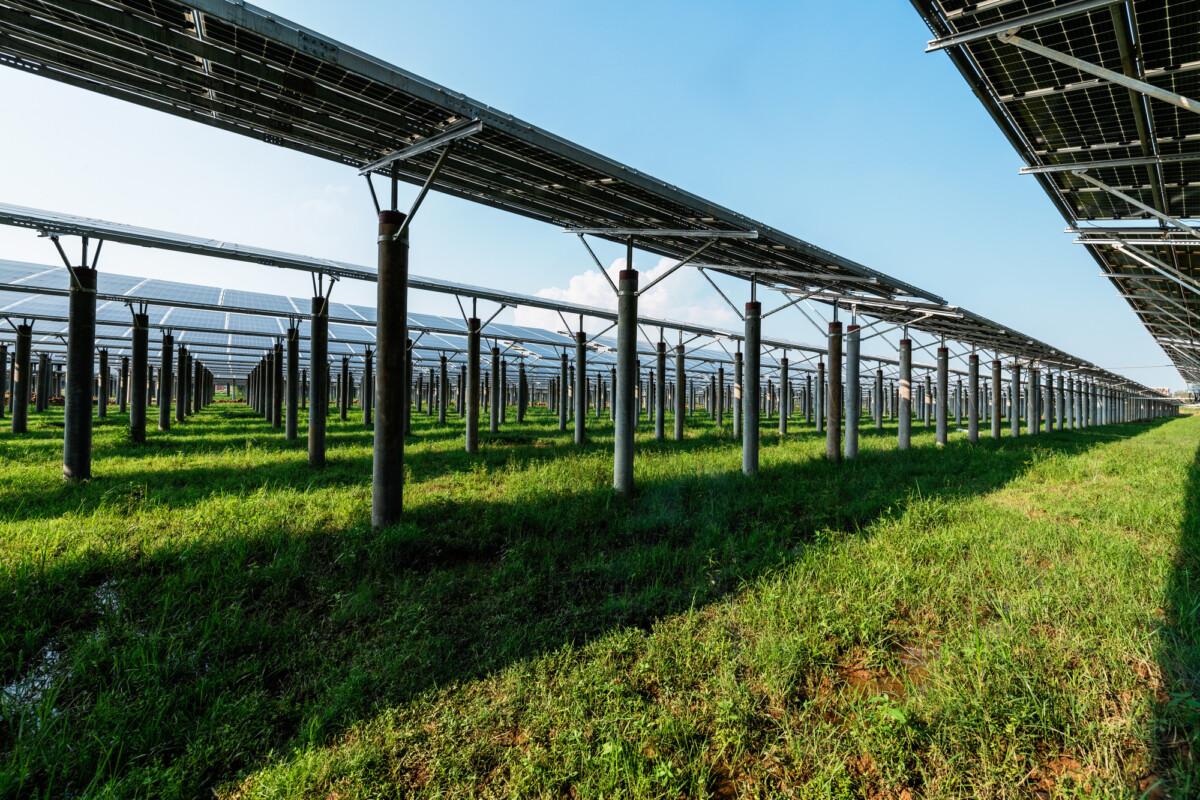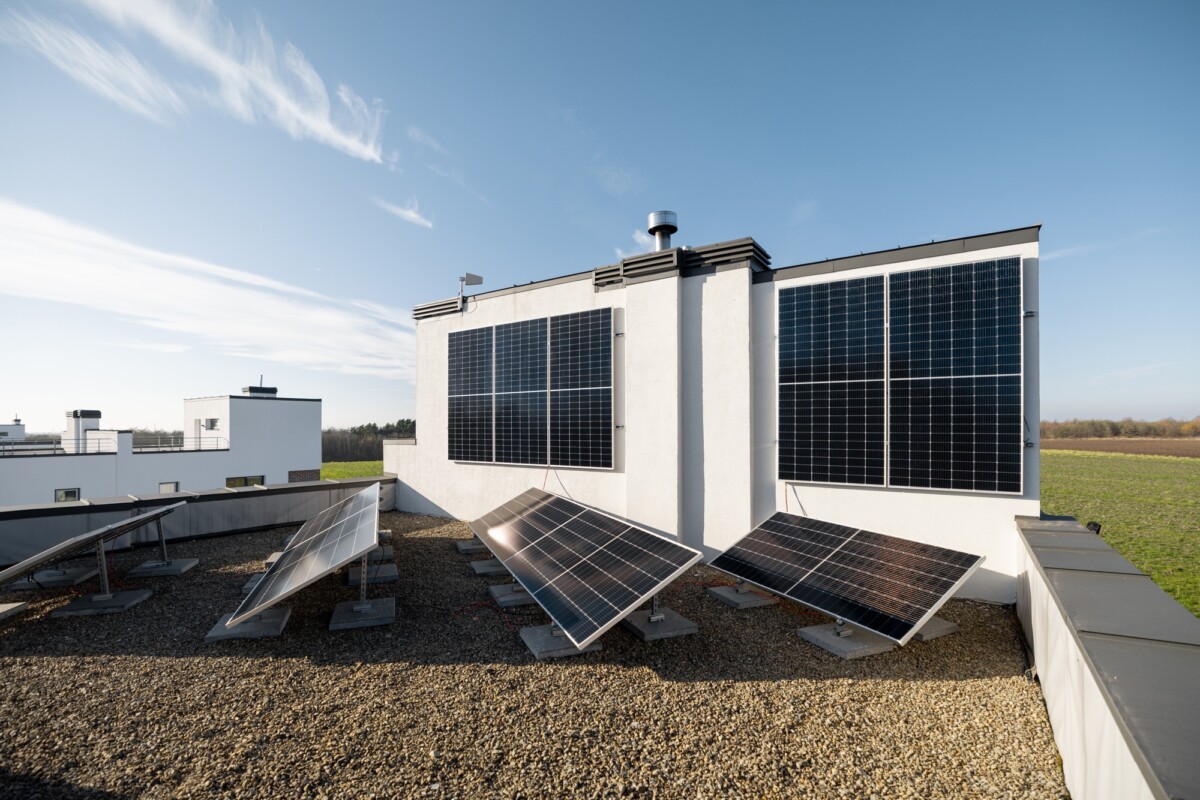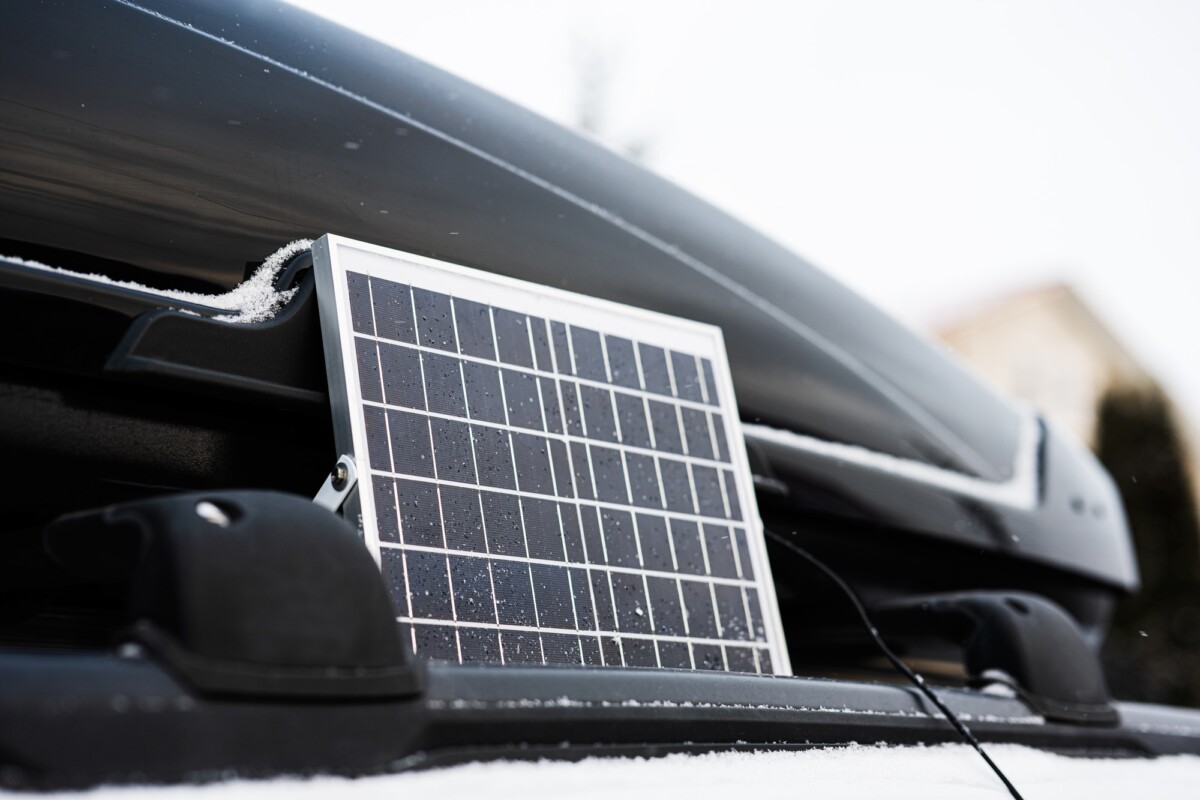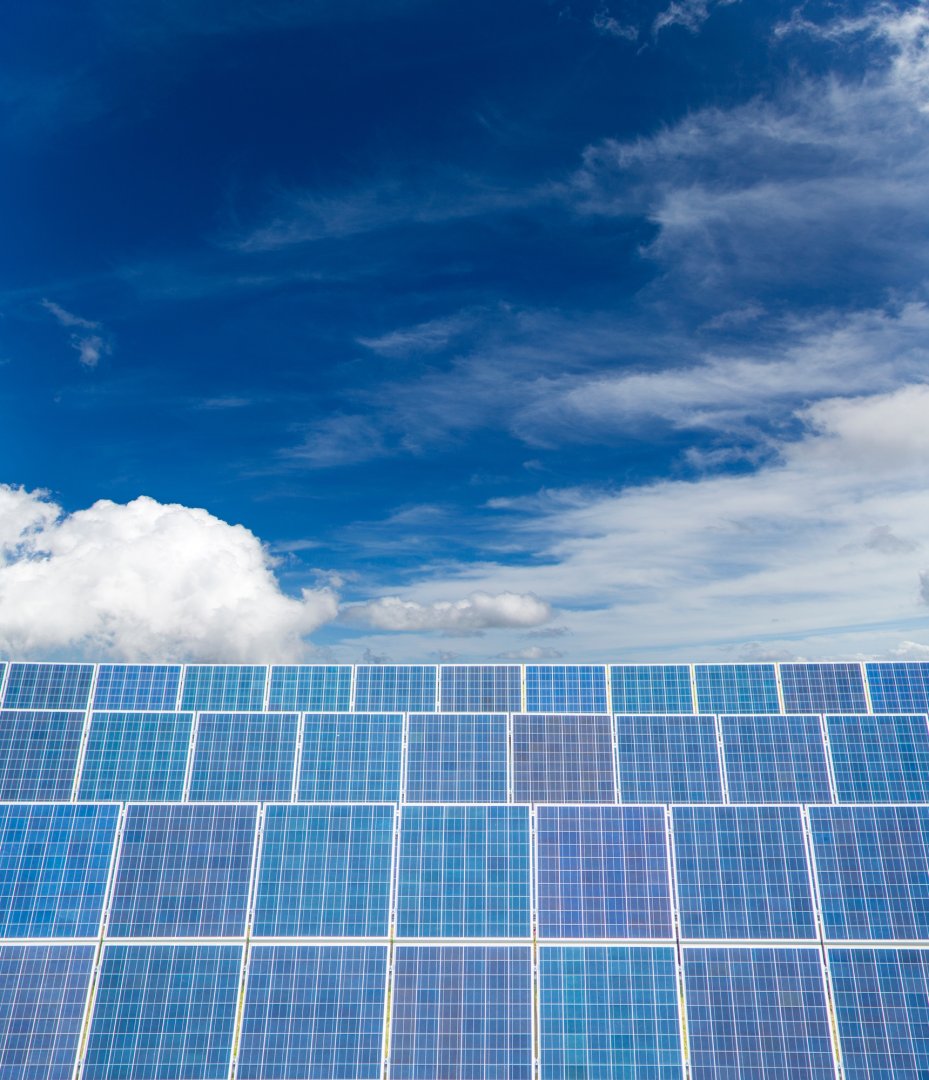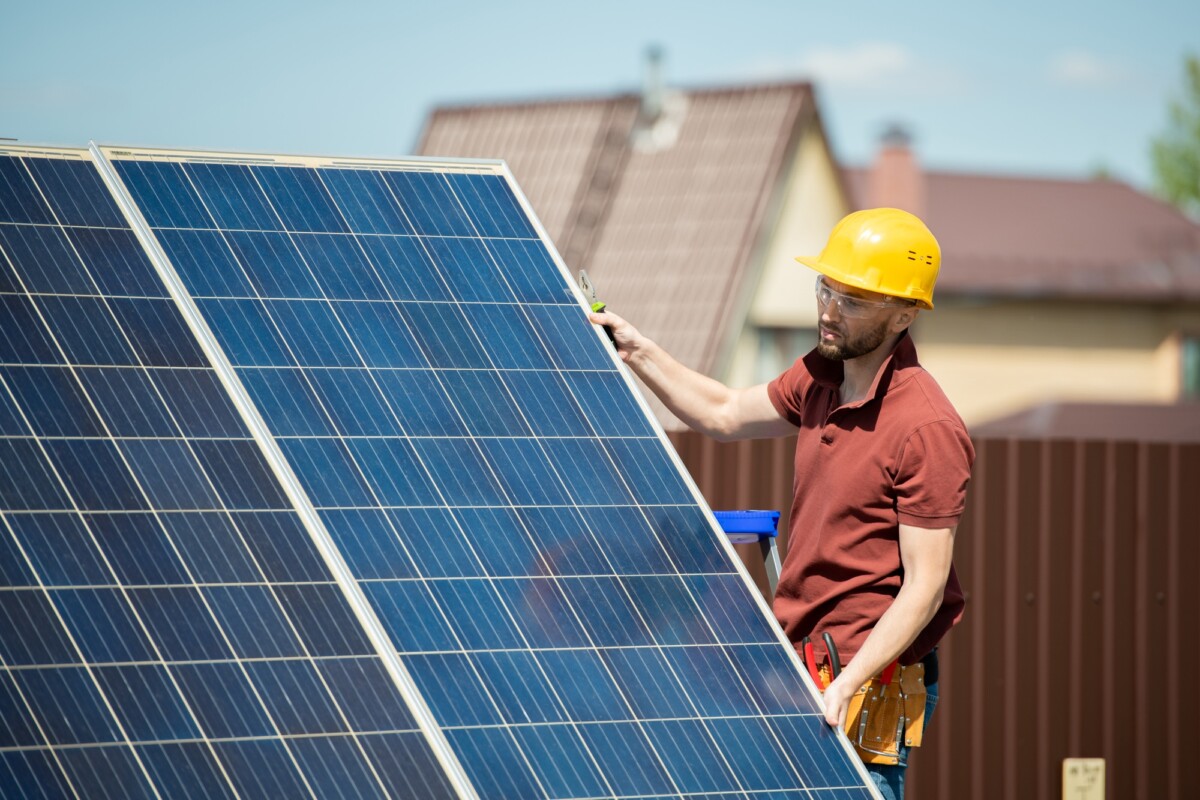Solar panels have risen in popularity as a viable renewable energy option for homes and businesses alike. However, with this increased usage comes the need for proper disposal methods. While solar panels have a long lifespan, eventually, they will need to be replaced or repaired. So, what happens to these solar panels once they have served their purpose? This article will delve into the significance of proper solar panel disposal and the necessary steps to ensure that it is done in a sustainable and eco-friendly way.
Why is Proper Solar Panel Disposal Important?
Solar panels are made up of a variety of materials, including glass, plastic, metal, and silicon. While these materials are generally considered safe, they can harm the environment if not disposed of properly. For example, if solar panels are not disposed of in a properly designed landfill to handle hazardous waste, they can potentially leak harmful chemicals into the surrounding environment. Additionally, solar panels contain valuable materials that can be recycled, such as silicon, copper, and silver. If these materials are not recycled, they will need to be extracted from the earth, which can have negative environmental impacts.
Furthermore, improper solar panel disposal can also have negative impacts on human health. For example, cadmium is a toxic substance that is commonly found in thin-film solar panels. These panels contain cadmium, which can be harmful to humans and other forms of life if they are not disposed of correctly.
The Growing Need for Solar Panel Disposal
More and more people are interested in lowering their carbon footprint. Thus it stands to reason that the use of solar panels will rise in popularity in the future years. The International Energy Agency predicts that by 2035, solar energy will generate more electricity than any other source. As a result, effective solar panel disposal will become increasingly important in the years ahead.
In addition to the increase in solar panel usage, there are also concerns about the environmental impact of solar panel waste. According to a report by the International Renewable Energy Agency, the amount of solar panel waste is expected to reach 78 million tonnes by 2050. This means that there will be a significant need for proper solar panel disposal and recycling in the coming decades.
The Process of Solar Panel Disposal
The process of solar panel disposal typically involves several steps. First, the panels are removed from the site where they were installed. This can involve dismantling the panels and removing them from the mounting system. Next, the panels are transported to a recycling or disposal facility. At this facility, the panels are processed to extract any valuable materials and dispose of any hazardous materials.
The process of recycling solar panels typically involves several steps. First, the panels are broken down into their component parts, including glass, plastic, and metal. These materials are then sorted and processed to extract any valuable materials, such as silicon, copper, and silver. These materials can then be sold and reused in the production of new solar panels or other products.
The Importance of Proper Recycling
Proper recycling of solar panels is essential for several reasons. First, it helps reduce the amount of waste sent to landfills. Landfills are already overflowing with waste, and the addition of millions of tonnes of solar panel waste will only exacerbate this problem. Recycling solar panels allows for the recovery and reuse of precious materials, minimizing the need to mine for virgin resources.
Also, proper recycling of solar panels can help reduce the environmental impact of solar panel production. Solar panels require a significant amount of energy to produce, and the extraction of materials can have negative environmental impacts. By recycling solar panels, we can reduce the amount of energy and resources needed to produce new panels.

Regulations and Standards for Solar Panel Disposal
Several regulations and standards are in place to ensure that solar panels are disposed of properly. The EPA has rules for properly disposing of hazardous trash, including solar panels, in the United States. Solar panels that have been manufactured using toxic components like cadmium must be disposed of according to the EPA’s regulations. In addition, the disposal of solar panels is governed by the laws of each individual state.
Internationally, the International Organization for Standardization (ISO) has developed standards for the disposal and recycling of solar panels. These standards guide the proper handling of solar panels, including the safe disposal of hazardous materials and the recycling of valuable materials.
The Importance of Proper Education and Awareness
Proper solar panel disposal is essential for protecting the environment and human health. Many people, however, still lack an understanding of why recycling and waste management are so crucial. It is essential that we educate people about the importance of proper solar panel disposal and recycling.
This education can take many forms, including public awareness campaigns, educational materials, and outreach to solar panel manufacturers and installers. By raising awareness of the importance of proper disposal and recycling, we can help to ensure that solar panel waste is managed in an environmentally responsible manner.
Conclusion
Solar panels are a valuable renewable energy source, but their use has created a growing need for proper disposal and recycling. Improper disposal can negatively impact the environment and human health, and the amount of solar panel waste is expected to grow in the coming years. Proper recycling and disposal of solar panels are essential for reducing waste, protecting the environment, and conserving valuable resources. We must educate people about the importance of proper disposal and recycling to ensure that solar panel waste is managed in an environmentally responsible manner.
FAQS
Why is solar panel disposal important?
It is important to throw away solar panels in the right way because they contain dangerous chemicals that can hurt the environment if they are not thrown away in the right way. Additionally, solar panels contain valuable materials that can be recycled and reused.
Can solar panels be recycled?
Yes, solar panels can be recycled. The process involves breaking down the materials in the panel and separating them so that they can be reused. Some companies specialize in recycling solar panels.
How are solar panels disposed of?
Solar panels can be disposed of in a few different ways, depending on the condition of the panel. If the panel is still functional, it can be resold or donated. The panel can be recycled or sent to a landfill if it is no longer functional.
What happens to solar panels in a landfill?
If solar panels end up in a dump, they can break down and release harmful chemicals into the environment. Additionally, the valuable materials in the panel are not reused or recycled.
Is it illegal to dispose of solar panels in the trash?
It depends on where you live. Some states and countries have regulations that require solar panels to be disposed of in a certain way. It’s important to check local regulations to ensure you dispose of your panels properly.
How long do solar panels last?
The typical lifespan of a solar panel is 25 years. However, this can vary depending on the quality of the panel and the conditions it is exposed to.
How can I tell if I need to get new solar panels?
If your solar panels are not generating as much electricity as they used to or are damaged, it may be time to replace them. A professional can assess the condition of your panels and help you decide if replacement is necessary.
What should I do with solar panels that are damaged?
A professional should inspect damaged solar panels to determine if they can be repaired or if they need to be replaced. If they can’t be fixed, they should be thrown away correctly.
How much do solar panels cost to get rid of?
The cost of disposing of solar panels can vary depending on the disposal method and where you live. Some companies offer free disposal services, while others charge a fee.
Can I dispose of solar panels myself?
The owner can throw away solar panels, but it’s important to do so safely and responsibly. If you’re unsure about how to dispose of your panels, it’s best to consult a professional.


